International News

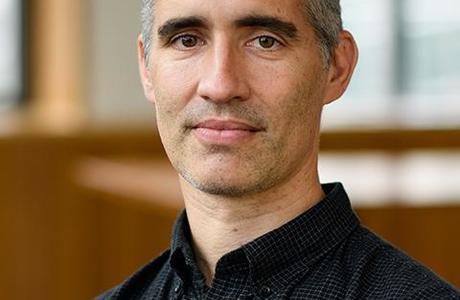
In a year when the value of global engagement has been questioned, the University’s international community of faculty, researchers and students at the Princeton Institute for International and Regional Studies (PIIRS), the Office of International...
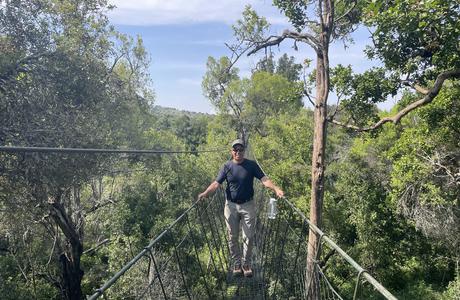
Brian Kloeppel, hired in June as the inaugural director of the Mpala Secretariat, knows field research centers. As a professor of natural resource conservation and management at Western Carolina University, a role he held for 17 years, his time spent...
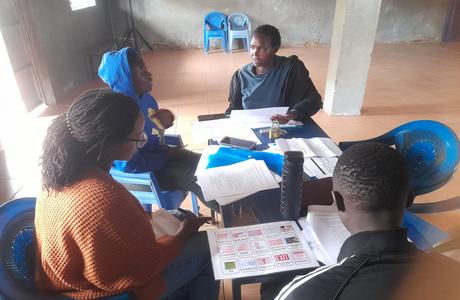
The Princeton Institute for International and Regional Studies (PIIRS) supports bold, collaborative projects that connect faculty research with the wider world. Through competitive grants of up to $75,000 over three years, PIIRS advances innovative...
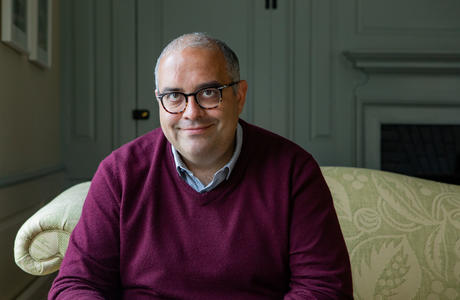
Shamus Khan, the Willard Thorp Professor of Sociology and American Studies, studies America’s elite class through the lens of their schools and institutions. He, along with Humboldt University sociologist Daniel Bultmann, is now working on a PIIRS...

Fellowship Advising, a division within the Office of International Programs, assists undergraduates and recent alumni as they navigate the complex landscape of identifying and applying for fellowships, scholarships and grants, many of which support...

Around campus, they are affectionately known as "frequent flyers:" students who take a determined approach to finding creative ways to see as much of the world as they can through Princeton's offerings. Experiencing other cultures and perspectives...
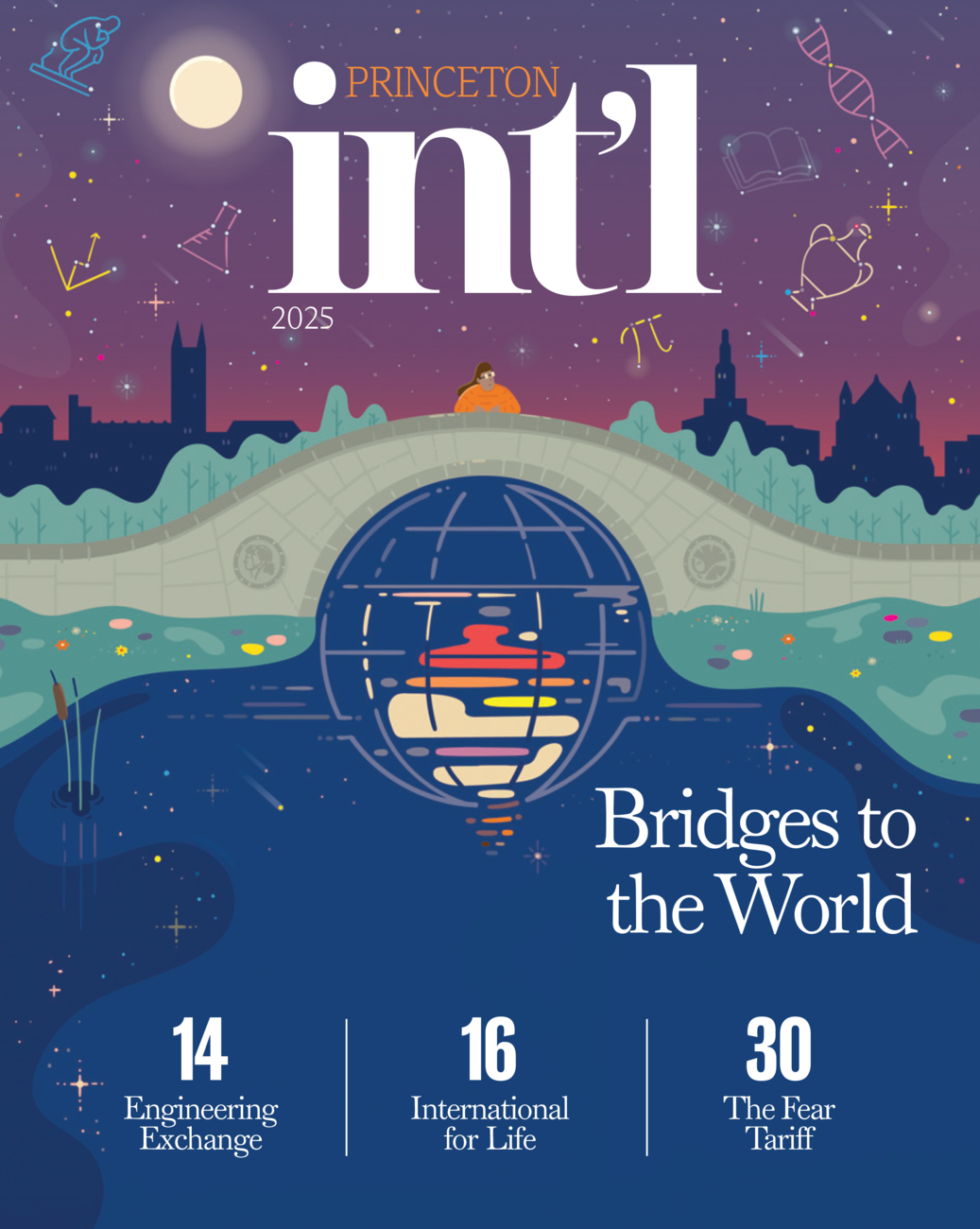
Princeton Int'l magazine
All News
Results 41 - 50 of 81
Princeton Research Gains New Life as Israel Faces Challenges to Democracy
As pro-democracy protests sweep across Israel, it is a 2018 scholarly article from a Princeton School of Public and International Affairs professor that foreshadows the country’s potential autocratic future while thousands demand change before it’s too late.
Alyssa Sharkey Keeps a Finger on the Pulse of Health Equity Amid Historic Report
For the first time, the World Health Organization, UNICEF, and the United Nations Population Fund have produced a joint report analyzing global progress on maternal deaths, newborn deaths and stillbirths. Alyssa Sharkey, lecturer of public and international affairs, an affiliate in the Center...
Shane Campbell-Staton is Showing the World how Human Activity is Shaping Evolution Right Now
One night back in 2016, Shane Campbell-Staton couldn’t sleep. Doing what any person who feels inexplicably restless at 3 a.m. might do, biologist Campbell-Staton embarked down a YouTube rabbit hole. A few videos deep, he came across a clip about the tuskless elephants who live in Gorongosa...
ESOC Convenes First Latin American Conference
Last month, for the first time, SPIA’s Empirical Studies of Conflict (ESOC) project convened a conference in Latin America, gathering in Bogotá, Colombia, for more than a dozen presentations of working papers on conflict, crime, state legitimacy, political participation, and migration...
‘I Shot her a Follow on Twitter,’ and Soon This Princeton Senior was Researching Alongside his Econ Idol
Before Professor Seema Jayachandran became Amichai Feit’s senior thesis advisor, Feit knew her as a famous development economist he followed on Twitter. “I remember seeing a news story that she was hired at Princeton, and thought it was a really big deal,” he said. “So, I shot her a follow on...
Princeton, University of Tokyo collaborate on transnational project analyzing policing and democracy
This March, faculty members from the University of Tokyo conducted three workshops on data visualization at Princeton for students enrolled in the “Policing and Militarization Today” course.
PAW Fellow Explores New Research on Roman Power and Indigenous Communities During Visit to Campus
Each year, the Humanities Council’s Program in the Ancient World invites a distinguished scholar from one of its fields to spend a week in Princeton to deliver a lecture, host a seminar, and meet PAW graduate students in an informal setting. This year’s 2022-23 PAW Fellow, Manuel Fernández-Götz...
Liechtenstein Institute’s Student-Led Simulation Holds Promise for U.N. Reform
At SPIA’s Liechtenstein Institute on Self-Determination (LISD), a student-led simulation is helping diplomats, students, and faculty members envision scenarios to foster a more accountable United Nations Security Council.
Behind the Research: Rory Truex ’07 Examines China’s Authoritarian Rule
In high school, a history teacher encouraged Rory Truex ’07 to study China in college. That trajectory led him to study abroad through Princeton in Beijing, then through the Princeton in Asia program, where he helped create the Summer of Service program for students to teach English in rural...
PLAS Students' Work Helped to Save a Dominican Man From Deportation
Winning an asylum claim in the United States is a complicated process of proving not just that your life is at risk in your country of citizenship, but that it is at risk in particular ways, both systematic and individual. It’s a tricky needle to thread, and that is part of why asylum grant...
